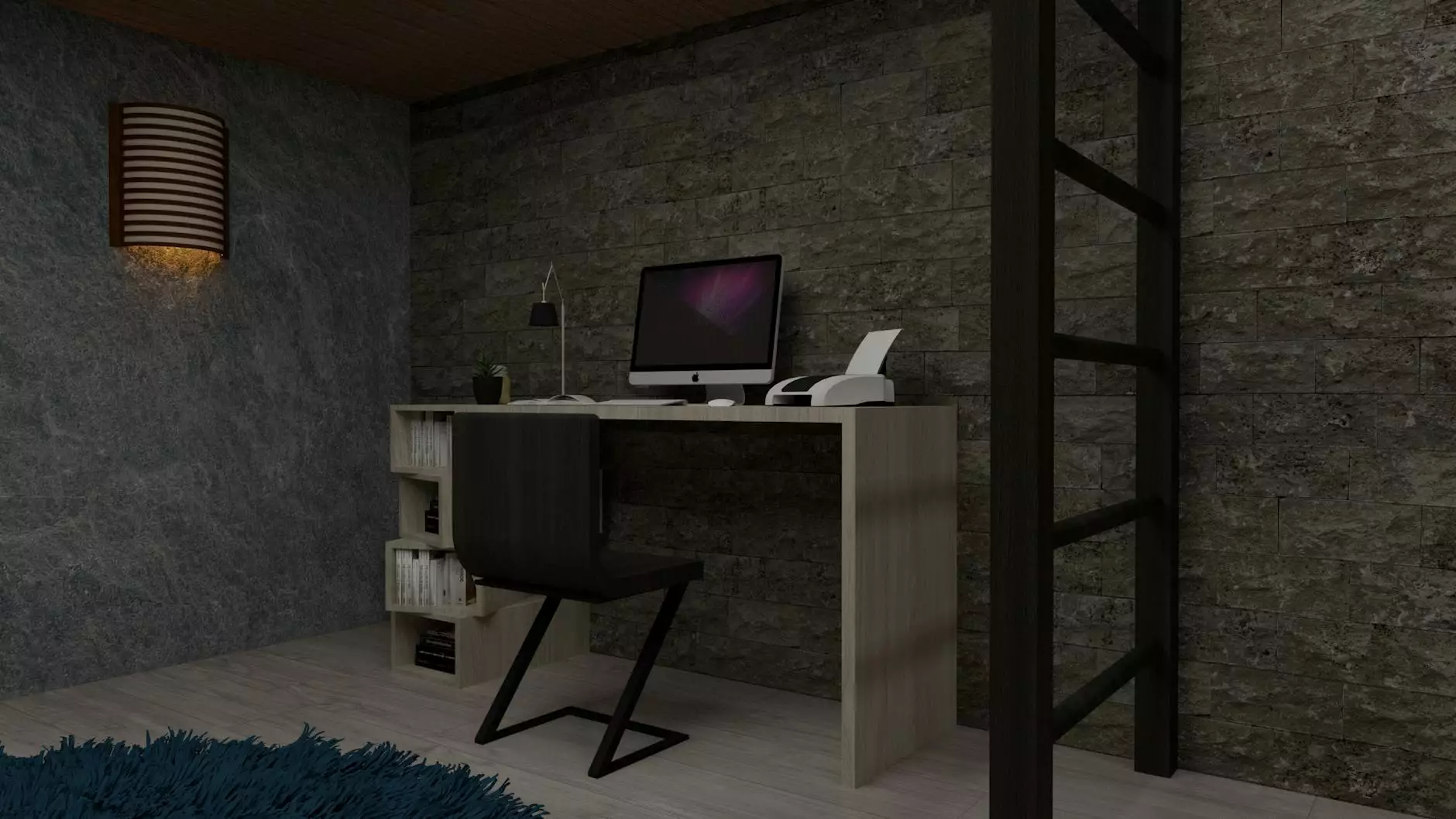Choosing the Right Dehumidifier: A Detailed Guide

In today's world, maintaining optimal humidity levels in our homes is crucial for health, comfort, and the preservation of our properties. Excess moisture can lead to mold growth, wood rot, and can even affect the structure of your home. This guide aims to help you navigate the options available and answer the pressing question: which dehumidifier is the best choice for your needs?
Understanding Dehumidifiers: What You Need to Know
Before diving into the specifics of choosing a dehumidifier, it's important to understand what a dehumidifier is and how it works. A dehumidifier is an electrical appliance designed to reduce the level of humidity in the air, making your living space more comfortable and safe. These devices typically work by cooling air to condense moisture, then collecting the excess water in a tank or draining it directly.
The Importance of Humidity Control
Humidity is defined as the concentration of water vapor present in the air. An optimal indoor humidity level ranges from 30% to 50%. Exceeding this range can lead to various problems:
- Mold and Mildew Growth: High humidity promotes the growth of mold, which can trigger allergic reactions and respiratory issues.
- Structural Damage: Excess moisture can damage walls, flooring, and furnishings.
- Unpleasant Odors: Damp environments can develop musty odors that are unpleasant and persistent.
Factors to Consider When Choosing a Dehumidifier
Now that you understand the importance of humidity control, let’s explore the key factors to consider when selecting which dehumidifier is best for your home.
1. Size and Capacity
The size of the dehumidifier is one of the most critical factors to consider. Dehumidifiers come in various capacities, typically measured in pints per day. To determine the size you need, consider the following:
- Room Size: Larger areas require a dehumidifier with higher capacity.
- Humidity Levels: If you live in a particularly humid area or have severe moisture problems, you may need a more robust unit.
- Basements vs. Living Areas: Areas like basements usually need more powerful dehumidifiers due to higher humidity levels.
2. Energy Efficiency
With soaring energy costs, it's crucial to pick an energy-efficient dehumidifier. Look for units with the Energy Star label, which signifies that the product meets strict energy efficiency guidelines set by the EPA. An energy-efficient model will not only save you money but also reduce your carbon footprint.
3. Noise Levels
Noise can be an important consideration, especially if you plan to use the dehumidifier in a bedroom or living room. Look for models that are designed to run quietly and are rated for low decibel levels.
4. Drainage Options
Another essential feature to consider is how the dehumidifier manages collected water. Many models offer two main drainage options:
- Gravity Drainage: This method requires the unit to be placed near a drain, allowing water to flow out naturally.
- Continuous Drainage: Some units allow for continuous drainage using a hose, so you don’t have to manually empty the tank.
5. Portability
If you need to move the dehumidifier between different rooms, consider a portable unit with wheels or handles. This can enhance convenience and efficiency.
The Different Types of Dehumidifiers
When asking which dehumidifier is right for you, it’s beneficial to understand the various types available in the market:
1. Refrigerant Dehumidifiers
These are the most common types. They work by cooling the air, which causes moisture to condensate and collect in a tank. Refrigerant dehumidifiers are effective for typical household humidity issues.
2. Desiccant Dehumidifiers
These dehumidifiers use chemicals or materials that absorb moisture from the air. They are generally quieter and more efficient in lower temperatures, making them ideal for areas like basements.
3. Thermoelectric Dehumidifiers
Utilizing a Peltier cooling system, these units are quiet and energy-efficient, but they are less powerful than refrigerant models and best suited for smaller spaces.
4. Whole-House Dehumidifiers
For larger homes or those facing persistent moisture problems, a whole-house dehumidifier that integrates into your HVAC system can efficiently regulate humidity throughout the house.
Benefits of Using a Dehumidifier
Investing in a high-quality dehumidifier has numerous advantages:
- Improved Air Quality: By reducing humidity, dehumidifiers can eliminate allergens such as dust mites and mold.
- Comfort: Lower humidity levels can make indoor spaces feel cooler during hot weather, improving comfort levels.
- Protection of Belongings: Dehumidifiers can protect your home’s structure and furnishings from moisture damage.
Top Recommendations for Dehumidifiers
Now that you understand what features to look for, here are some top recommendations based on the Home & Garden category:
1. Frigidaire FFAD5033W1
This refrigerant dehumidifier is perfect for large rooms, with a capacity of 50 pints per day. It offers energy efficiency and has a user-friendly digital control panel.
2. hOmeLabs 70 Pint Dehumidifier
A popular choice for its reliability and efficiency, this unit can handle up to 70 pints of moisture daily. It comes with a continuous drainage option and is great for basements.
3. Vremi 70 Pint Dehumidifier
Known for its sleek design and high performance, this dehumidifier is energy-efficient and easy to operate. It manages substantial moisture levels while maintaining low noise levels.
Regular Maintenance Tips for Your Dehumidifier
To ensure your dehumidifier works effectively, regular maintenance is crucial:
- Empty the Water Tank: If your model does not have continuous drainage, be sure to empty the tank regularly to prevent overflow.
- Clean the Filter: Keep the filter clean to ensure optimal airflow and performance.
- Inspect the Drainage System: Ensure there are no clogs in the drainage system if using direct drainage options.
Conclusion
Choosing the right dehumidifier is essential for maintaining a healthy and comfortable living environment. By considering factors such as size, energy efficiency, and drainage options, you will be better equipped to answer the question: which dehumidifier is ideal for your home? With proper selection and maintenance, a dehumidifier can significantly enhance your indoor experience, protecting your health and property.
For top-quality dehumidifiers and more home solutions, explore our offerings at climatronics.in.








